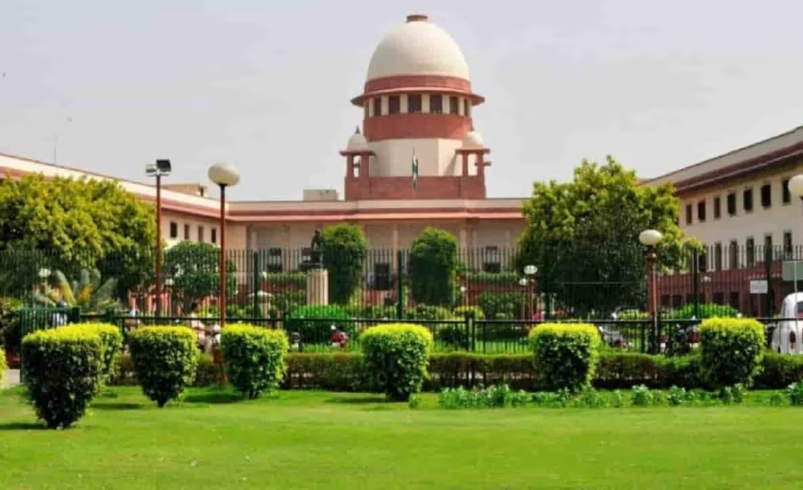Supreme Court Seeks Input from Rights Panels on Talaq-e-Hasan Divorce Case
- August 12, 2025
- 0

The Supreme Court of India is currently evaluating the legality of Talaq-e-Hasan, a divorce practice within the Muslim community. This method allows a Muslim man to divorce his wife by pronouncing ‘talaq’ once a month over a period of three months. The court’s examination of this practice follows its landmark decision in 2017, which declared the practice of triple talaq unconstitutional.
In its pursuit of a comprehensive understanding, the Supreme Court has reached out to three significant rights bodies: the National Human Rights Commission (NHRC), the National Commission for Women (NCW), and the National Commission for Protection of Child Rights (NCPCR). These organizations have been asked to provide their perspectives on the implications and validity of Talaq-e-Hasan. Their insights are expected to play a crucial role in shaping the court’s final decision on this matter.
The Supreme Court’s request for input from these panels underscores the complexity and sensitivity surrounding Talaq-e-Hasan. The 2017 ruling against triple talaq was a significant step towards gender equality within the Muslim community, and this current review could further impact divorce laws. The involvement of rights panels highlights the potential social and legal ramifications, particularly concerning women’s rights and child welfare.
The court’s decision could have far-reaching consequences for Muslim personal law in India. If Talaq-e-Hasan is deemed unconstitutional, it may lead to further reforms aimed at ensuring gender justice. The case also emphasizes the ongoing dialogue between religious practices and constitutional rights, reflecting India’s diverse societal fabric.